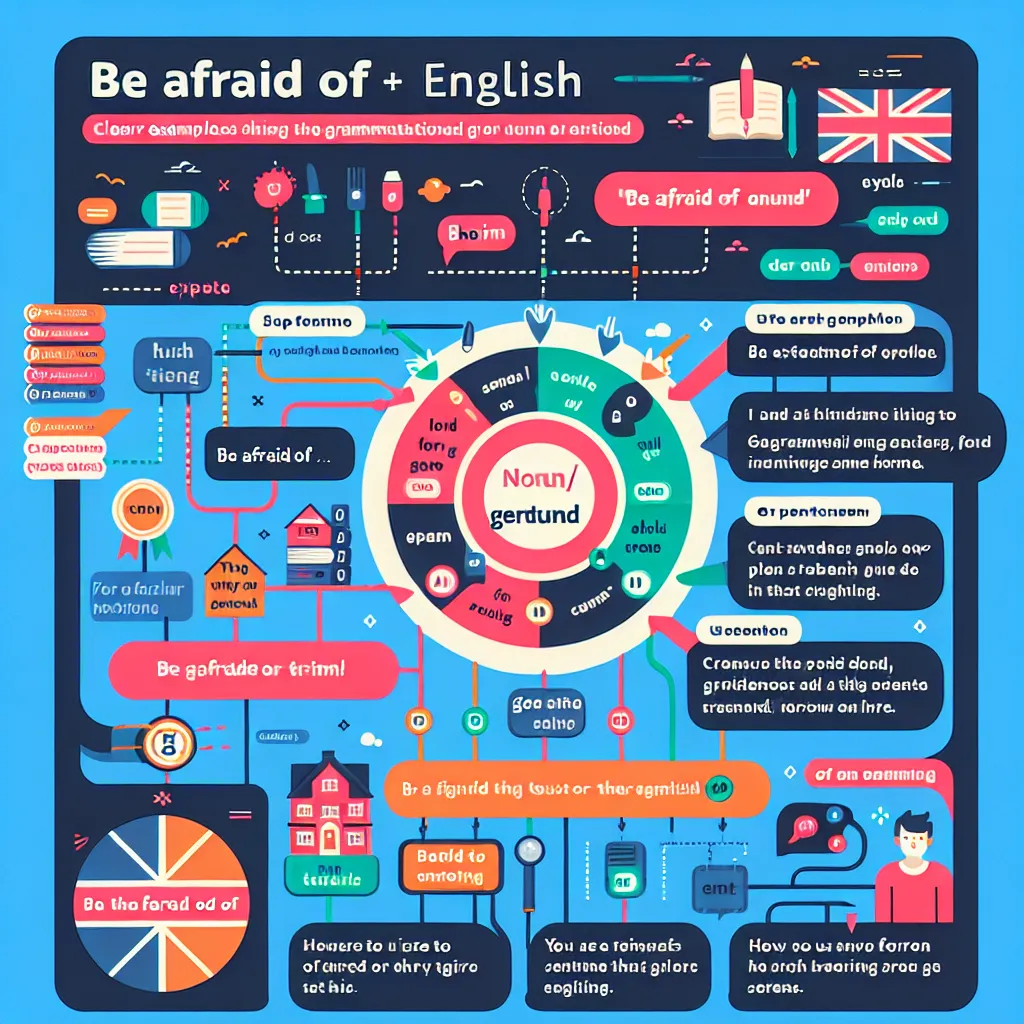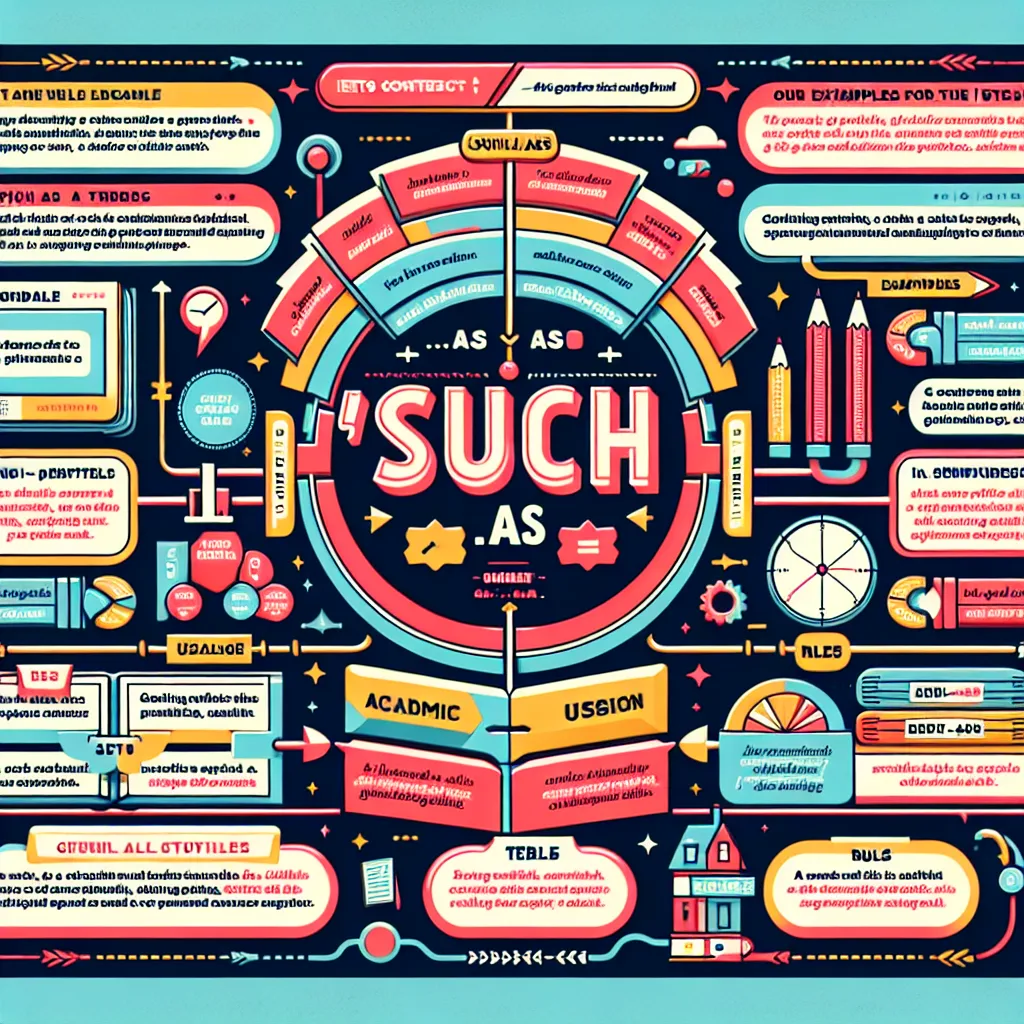Mastering the use of “despite + noun/gerund” is crucial for IELTS success. This structure frequently appears in all sections of the test and demonstrates a high level of language proficiency. Let’s explore its usage and how to effectively incorporate it into your IELTS responses.
Nội dung bài viết
Understanding “Despite + Noun/Gerund”
“Despite” is a preposition used to show contrast between two ideas. It is followed by a noun or a gerund (verb + -ing). This structure helps express that something happened or is true, even though there was a good reason for it not to happen or be true.
Examples:
- Despite the rain, we enjoyed our picnic. (noun)
- She went to work despite feeling ill. (gerund)
- Despite his lack of experience, he got the job. (noun phrase)
- They continued hiking despite the dangerous conditions. (noun phrase)
- Despite studying hard, she didn’t pass the exam. (gerund phrase)
In each example, the bolded part introduces a circumstance that would typically prevent or hinder the action in the main clause, but the action occurs anyway.
 Despite + Noun/Gerund structure
Despite + Noun/Gerund structure
Grammar Formula and Usage in IELTS
The formula for using “despite” is:
Despite + [noun/gerund], [main clause].
It’s crucial to note that “despite” is never followed by “of” or a clause with a subject and verb. For such cases, use “in spite of” or “although” respectively.
Usage in IELTS Writing
In IELTS Writing, using “despite” can elevate your score by demonstrating complex sentence structures and advanced vocabulary. It’s particularly useful in Task 2 essays to present contrasting ideas.
Example for Task 2:
Despite the widespread belief that technology isolates people, social media platforms have actually increased global connectivity.
Usage in IELTS Speaking
In Speaking, “despite” can be used to provide more detailed and nuanced responses, showcasing your ability to express complex ideas.
Example for Part 2 (Describing a challenge you’ve faced):
“Despite facing numerous setbacks, I managed to complete my degree and secure a good job.”
Usage in IELTS Reading and Listening
Recognizing this structure in Reading and Listening tasks can help you better understand the relationships between ideas in complex passages.
Example from a Reading passage:
“Despite initial skepticism, the new treatment has shown promising results in clinical trials.”
Sample Paragraphs and Sentences
Here are some examples of how to use “despite + noun/gerund” in different IELTS contexts:
-
Writing Task 2 (Advantages and Disadvantages essay):
“Despite the obvious benefits of renewable energy sources, there are still significant challenges to their widespread adoption. Despite ongoing technological advancements, the initial costs of installing solar panels or wind turbines remain prohibitively high for many individuals and businesses.” -
Speaking Part 3 (Discussing environmental issues):
“Despite increasing awareness about climate change, many people still don’t take action to reduce their carbon footprint. I believe this is because, despite knowing the facts, they don’t feel personally affected by the consequences.” -
Writing Task 1 (Describing a graph):
“Despite a slight dip in sales in 2018, the company’s overall revenue showed an upward trend over the five-year period.” -
Speaking Part 2 (Describing a person you admire):
“My grandmother is an incredible person. Despite her advanced age, she remains active and engaged in community service. Despite facing many hardships in her life, she always maintains a positive outlook.” -
Writing Task 2 (Problem and Solution essay):
“Despite numerous government initiatives to promote healthy eating, obesity rates continue to rise. This suggests that, despite increased knowledge about nutrition, people struggle to change their eating habits.”
Strategies for Higher Band Scores
To achieve higher band scores in IELTS, consider these advanced uses of “despite”:
-
Combine with other complex structures:
“Despite the government’s efforts to curb pollution, which have been ongoing for years, air quality in major cities remains poor.” -
Use in concession-argument structures:
“Despite the argument that social media connects people, I would argue that it often leads to superficial relationships.” -
Pair with idiomatic expressions:
“Despite being thrown in at the deep end, she managed to excel in her new role.” -
Use with abstract nouns for sophisticated expression:
“Despite the ambiguity surrounding the new regulations, businesses are expected to comply immediately.” -
Incorporate into topic sentences:
“Despite the myriad of challenges faced by developing nations, several have made significant strides in improving education access.”
Common Mistakes to Avoid
-
Using “despite of”:
Incorrect: Despite of the rain, we went out.
Correct: Despite the rain, we went out. -
Following “despite” with a subject and verb:
Incorrect: Despite it was raining, we went out.
Correct: Despite the rain, we went out. OR Although it was raining, we went out. -
Using “despite” and “but” in the same sentence:
Incorrect: Despite the traffic, but we arrived on time.
Correct: Despite the traffic, we arrived on time. -
Overusing “despite” in writing:
While it’s a useful structure, overuse can make your writing seem repetitive. Vary your language with synonymous expressions like “in spite of,” “regardless of,” or “notwithstanding.” -
Forgetting the gerund form:
Incorrect: Despite study hard, she failed the exam.
Correct: Despite studying hard, she failed the exam.
Conclusion
Mastering the use of “despite + noun/gerund” can significantly enhance your IELTS performance across all sections. Practice incorporating this structure into your responses, ensuring you use it accurately and effectively. Remember to balance its use with other complex structures and always proofread your work to avoid common errors. With consistent practice, you’ll find that using “despite” becomes second nature, helping you express complex ideas with clarity and sophistication in your IELTS exam.
For further practice, try using “despite” in sentences about topics like technological advancements, environmental challenges, cultural differences, and personal achievements. These themes are common in IELTS and provide excellent opportunities to showcase your command of this versatile structure.


